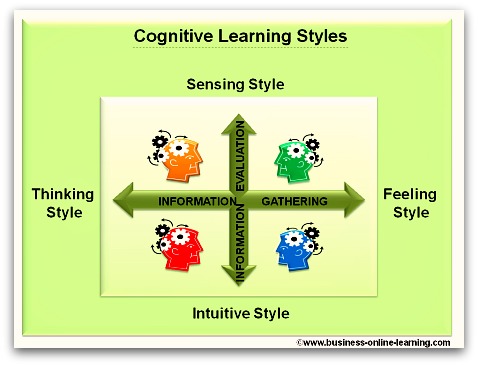What is the Definition of Knowledge Management?
When looking for a Definition of Knowledge Management, the following two quotes help put things into perspective:
Those who cannot remember the past are condemned to repeat it.
George Santyana 1863 – 1952
Knowledge Management is 70% People, 20% Process and 10% Management.
Marc Baker, KM Programme, Royal Mail 1998.
The Definition of Knowledge Management
Knowledge management (KM) describes a range of strategies and activities that an organisation or corporation uses to identify, create, use, distribute, organize and exploit valuable information, experiences and insights.
These are either embodied in individuals, embedded in organizations in the processes or practices, or are derived from the environment of the organisation.
What does Knowledge Management focus on?
Efforts are focused on such corporations’ objectives as
- performance improvements,
- the continuous improvement of the organization.
KM efforts are characterized by
- their focus on the management of knowledge as a strategic asset and
- a focus on encouraging the discovery and sharing of knowledge.
What Drives Knowledge Management?
The drivers of Knowledge Management are.
A company’s value can be seen to be dependent on intangible assets, on their knowledge assets, intellectual capital and intellectual property. Economics and organisational Knowledge Capital will include the value of Information, Data or Knowledge in particular contexts, including considerations of intellectual property rights.
- Knowledge Interdependence.
Cross-boundary interdependence between organisations: between the stakeholders such as customers, suppliers, partners, etc. What is often over-looked is the cross-boundary nature of managing knowledge, involving processes that are inter- and intra-departmental, inter- and intra-organisational, sectorial, international, transnational and intercultural.
- Technology.
Limits in information systems will drive Knowledge management; Limits in information management, the potential of the WWW. Equally, Knowledge Management is enabled by new fields of developing knowledge technologies: Groupware, Mobile Learning, Social media,Wikis, etc.
- Human resources issues.
People are seen to own knowledge, create value and retain organisational memory. And then they can leave.
- Organisational learning and the Learning Organisation.
The pace of change nowadays requires continuous regeneration of an organisational knowledge base.
- Innovation.
Organisations must exercise their advantages through innovation, knowledge creation, knowledge sharing and application.
What makes a Knowledge Management approach successful?
A successful Knowledge Management approach needs
- A supportive culture
- A holistic approach
- Leadership values
- Peer recognition
- A reward structure and
- an open, no-blame culture.













 My name is Martha and I have worked for over 30 years in various aspects of business and in various countries, right around the world.
My name is Martha and I have worked for over 30 years in various aspects of business and in various countries, right around the world.